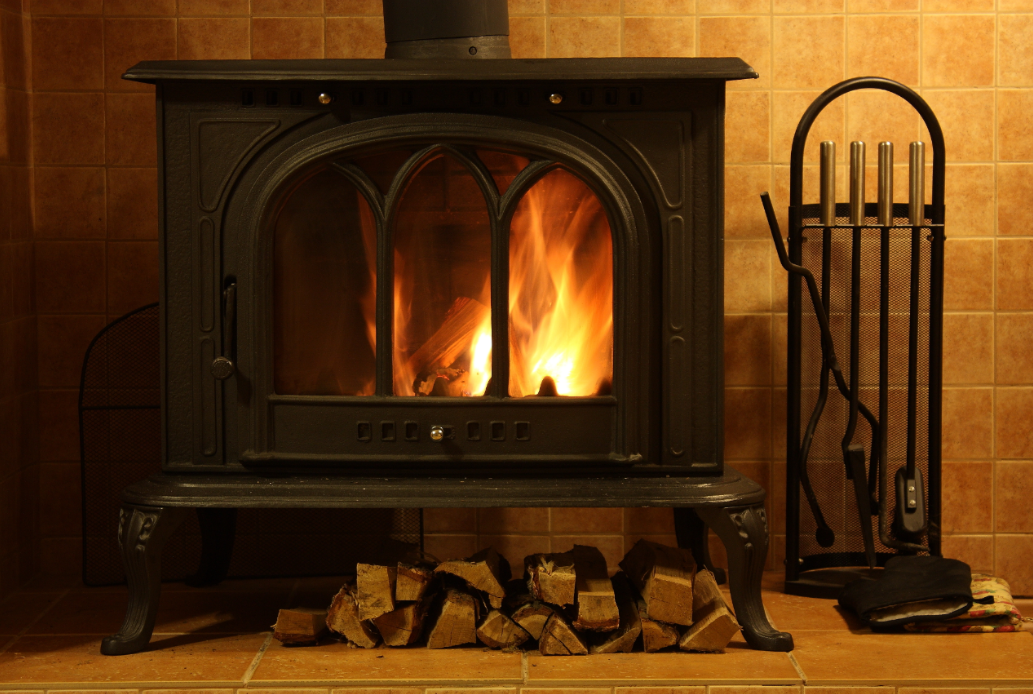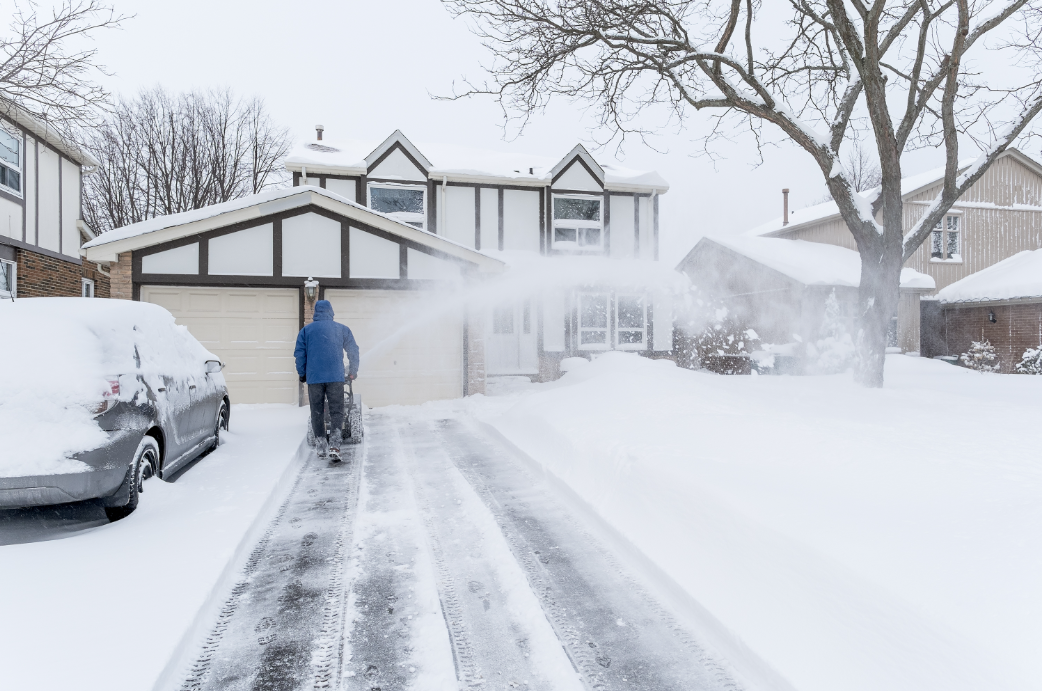
More home fires occur during the winter than at any other time of year, and many of these fires result in extensive property damage, severe burns and respiratory problems, and even in the death of the home's occupants. The elderly are particularly at risk, those over the age of 65 accounting for more than 1/3 of all winter fire fatalities, and young children are also highly vulnerable to these dangers. Thus, every homeowner has good reason to be concerned about wintertime fire hazards and would do well to learn a few safety tips that will minimize the risk.
Some simple ways you can make your home a safer place during the winter by reducing fire risks include the following:
- Be vigilant when using candles. A blackout may call for an emergency candle supply, but also consider that a candle fire occurs in a U.S. home once every 30 minutes. Forty percent of candle fires happen in a bedroom, and the majority start because the candle was placed too near to flammable objects. Three other sources of trouble are failure to verify candles are put out before bedtime, failure to use a sturdy, fireproof candle holder, and failure to place the candle in a safe location.
- Take great care with space heaters: If you need to heat a room with a space heater, allow at least 3 feet (0.9 m) of space between the heater and furniture, curtains, and all flammable items. Position the heater where people/pets will not accidentally knock it over, make sure it sits flush to the floor, and thoroughly inspect the cord for frays. Vacuum out the dust before putting the heater to use, never use an extension cord since this is a common cause of fires, and buy a unit with a tip-over shut-off feature.
- Be extremely cautious with propane-fueled heaters: If you use a heater or appliance that is fueled by propane or natural gas indoors, be sure to keep the room it is in well ventilated. Read all the manufacturer's instructions, and if you smell gas in the air, do not turn any switches and risk sparking a fire.
- Prepare your wood stove/fireplace: Hire a professional to clean out your chimney and remove any obstructions before you use your fireplace. Always use a screen made of sturdy metal framing and heat-resistant glass so no sparks will escape from the fireplace. When ashes begin to build up, remove them and place them outside in a metal garbage can with a tight-fitting lid, and keep that can at least 3 feet (0.9 m) away from anything flammable.
- Safely store all flammable liquids: Some fuel storage safety tips include: never store flammable liquids in the basement, always re-fuel generators outside, never use gasoline as a cleaner or as lighter fluid, keep flammables away from pilot lights, water heaters, and all electric appliances, and ensure fuel containers are tightly sealed at all times.
- Keep your alarms and escape plan ready to go: Install both carbon dioxide and carbon monoxide detectors in every room in the house to more than double your chances of surviving a home fire. Test each device (and its batteries) initially and regularly every month, and occasionally vacuum out any dust that builds up. Replace all alarms every 10 years, and have a home fire escape plan that you practice with the family twice a year.
Following the above-listed fire safety tips will keep your home safer all year long, but it will especially be crucial during the fire-prone winter months. While all of the preventative measures mentioned are rather simple to perform, they truly save lives and protect your property.


